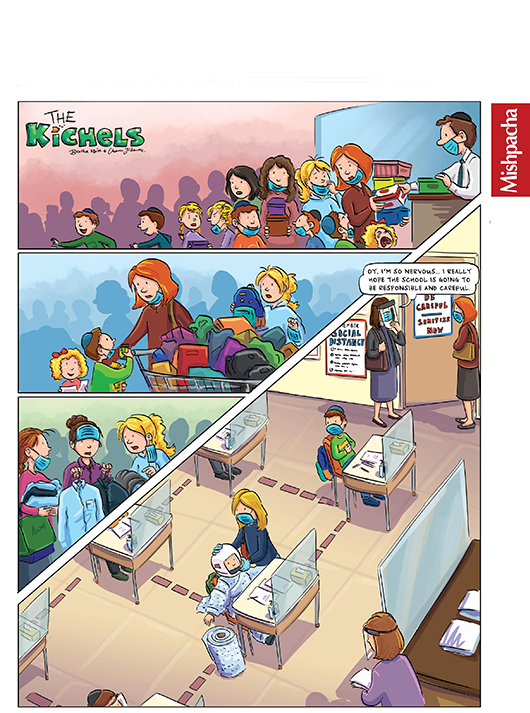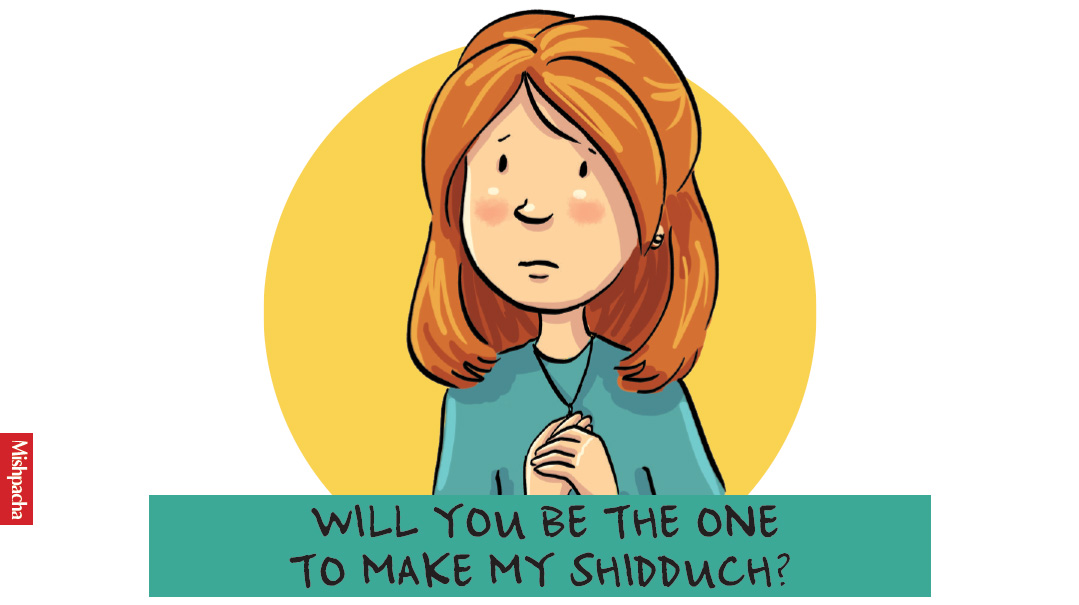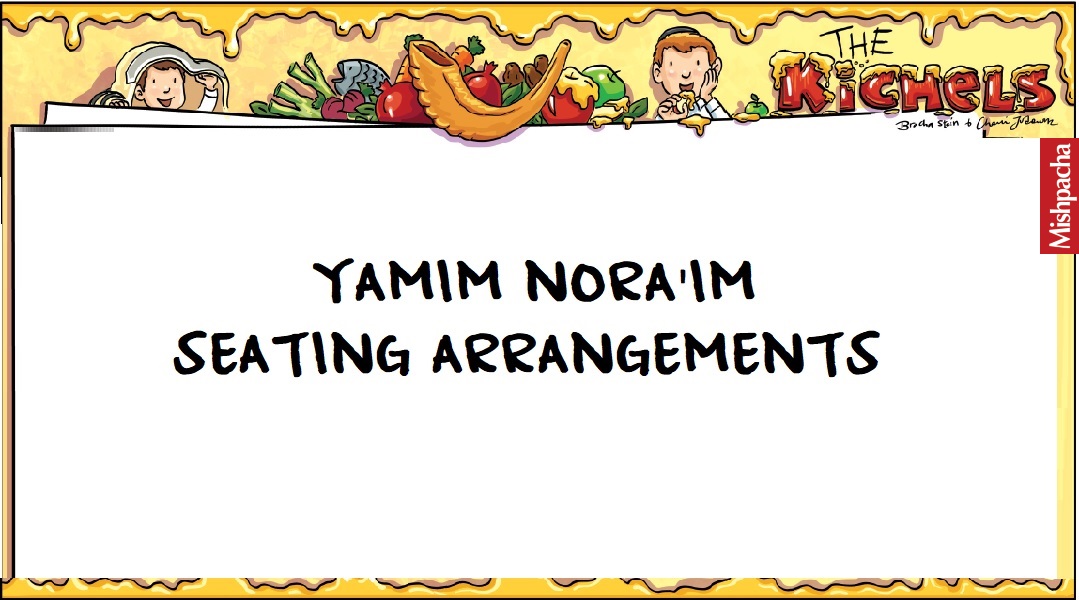Oops! We could not locate your form.


(Originally featured in Mishpacha, Issue 824)
Oops! We could not locate your form.

You may not be able to help Rochi but you can help real people

Fill out this detailed form for the perfect seat in shul
Oops! We could not locate your form.
Comments (2)